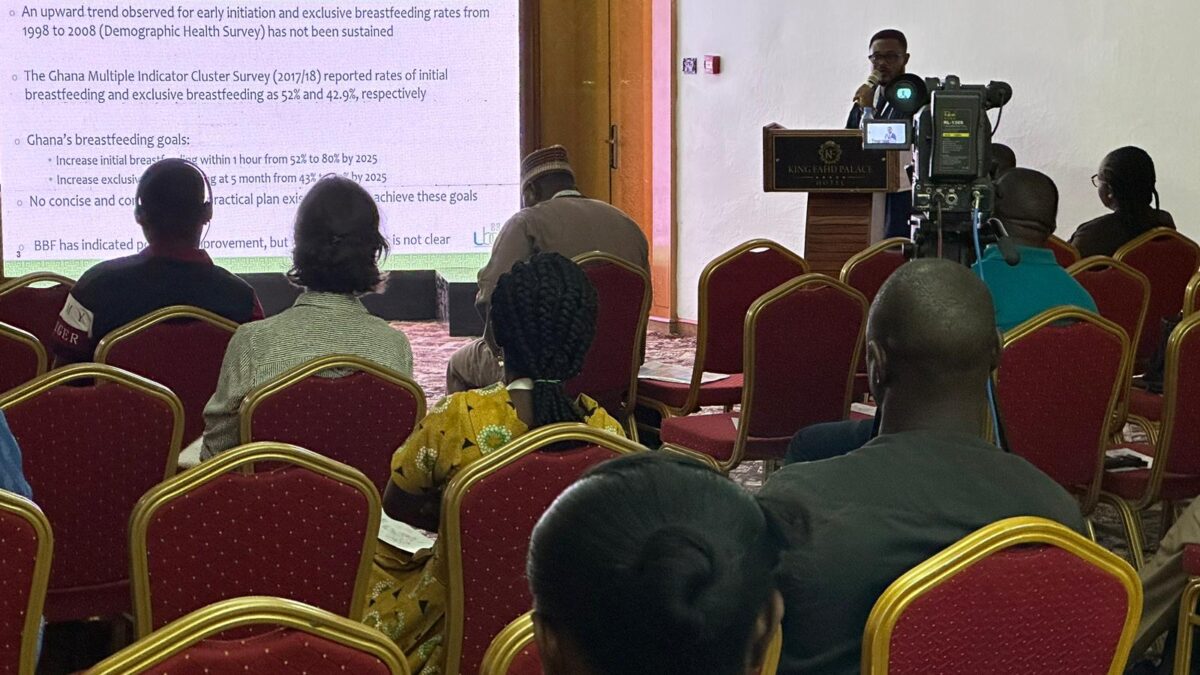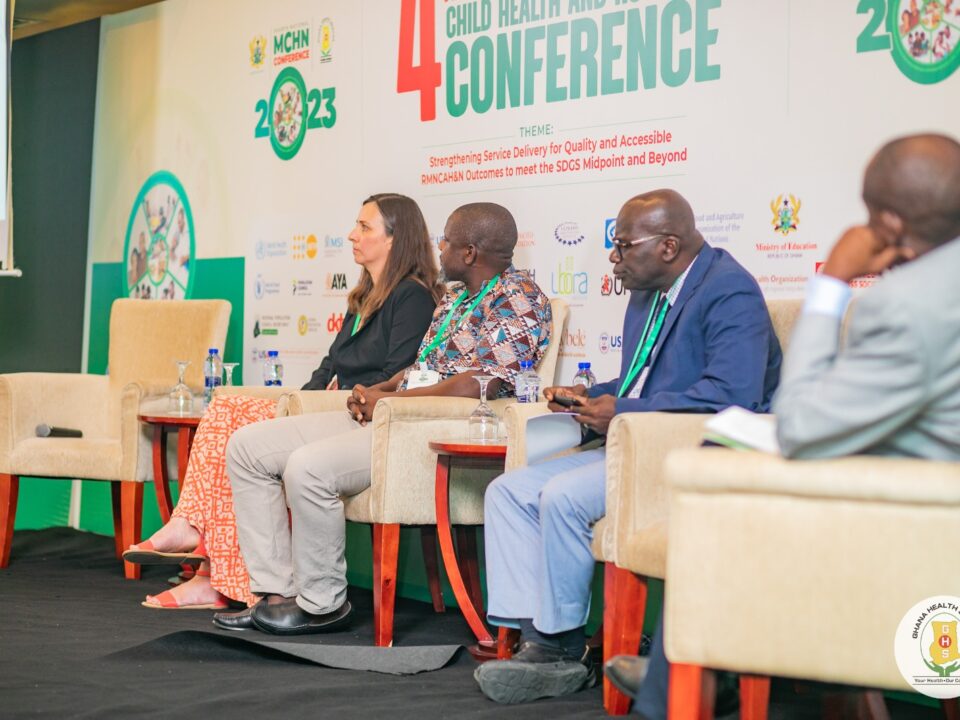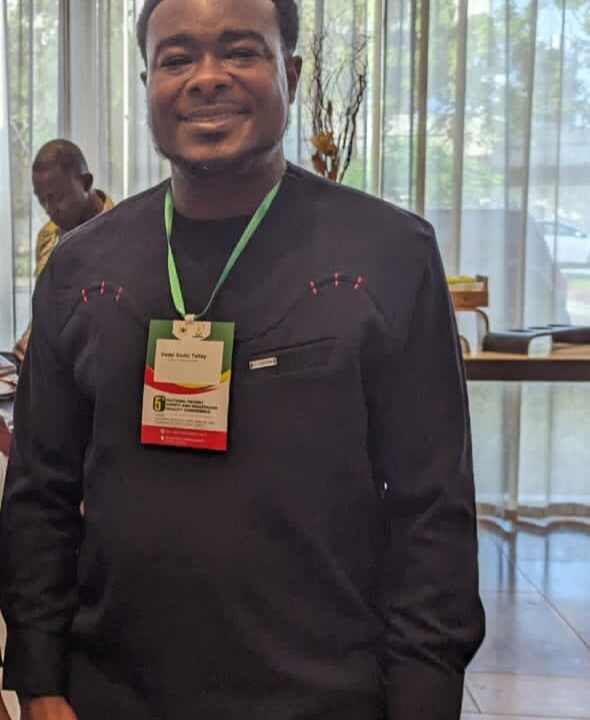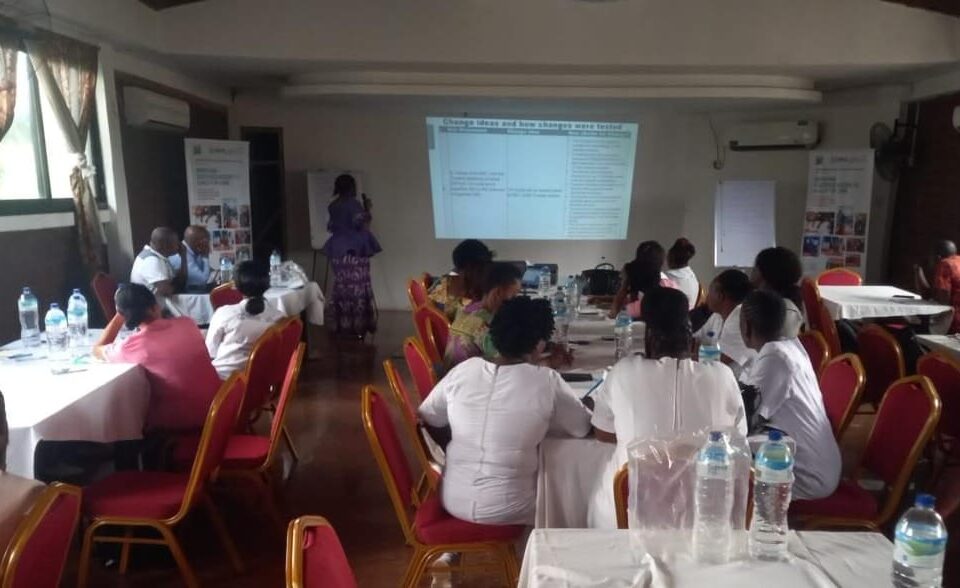Ubora Institute And The Family Larsson-Rosenquist Foundation Share The Progress Of The ‘Breastmilk For Life Project’ At The 5th FANUS Conference Held in Senegal
Vacancies
October 25, 2023To learn how Ghana is bringing policy into practice to achieve national breastfeeding targets, the Ubora Institute together with the Family Larsson-Rosenquist Foundation (FLRF) has shared the progress from the 'Breastmilk for Life' – Ghana at the 5th FANUS Conference held in Senegal.
The team led by the Project Lead, Ireneous Dasoberi in his presentation noted that considerable and impressive work has been done to translate scientific knowledge into policies to promote and protect breastfeeding.
The Ubora Institute and the Family Larsson-Rosenquist Foundation (FLRF), believe this is a direct result of the ineffective translation of policy into actionable plans – "the operationalization gap". The concept to close this gap was inspired by what FLRF began recognizing several years ago: that after policy formation, there is little to no conceptual foundation from which to translate a country’s breastfeeding policy into a step-by-step, actionable implementation plan. The unfortunate result is that work post-policy remains fragmented, uncoordinated, and without a long-term vision, unlikely to yield change and sustainable impact.
'Breastmilk for Life' is about operationalizing national breastfeeding strategies. Symposium attendees were introduced to both the concept and the practical approach, which is one example of a multisectoral approach to sustainably improve the breastfeeding environment nationwide to help achieve Ghana’s infant feeding targets.
The FLRF began developing such an approach to close the operationalization gap together with a variety of partners inside and outside of academia. It is now testing this approach in Ghana in partnership with Ubora Institute, Ghana’s Ministry of Health and relevant agencies. Symposium attendees learnt about the 'Breastmilk for Life Project' approach and progress to date, including roadblocks the partners encountered and how they were overcome.
The Ubora Institute and the Family Larsson-Rosenquist Foundation (FLRF), believe this is a direct result of the ineffective translation of policy into actionable plans – "the operationalization gap". The concept to close this gap was inspired by what FLRF began recognizing several years ago: that after policy formation, there is little to no conceptual foundation from which to translate a country’s breastfeeding policy into a step-by-step, actionable implementation plan. The unfortunate result is that work post-policy remains fragmented, uncoordinated, and without a long-term vision, unlikely to yield change and sustainable impact.
'Breastmilk for Life' is about operationalizing national breastfeeding strategies. Symposium attendees were introduced to both the concept and the practical approach, which is one example of a multisectoral approach to sustainably improve the breastfeeding environment nationwide to help achieve Ghana’s infant feeding targets.
The FLRF began developing such an approach to close the operationalization gap together with a variety of partners inside and outside of academia. It is now testing this approach in Ghana in partnership with Ubora Institute, Ghana’s Ministry of Health and relevant agencies. Symposium attendees learnt about the 'Breastmilk for Life Project' approach and progress to date, including roadblocks the partners encountered and how they were overcome.
Related posts
October 17, 2023
September 21, 2023




